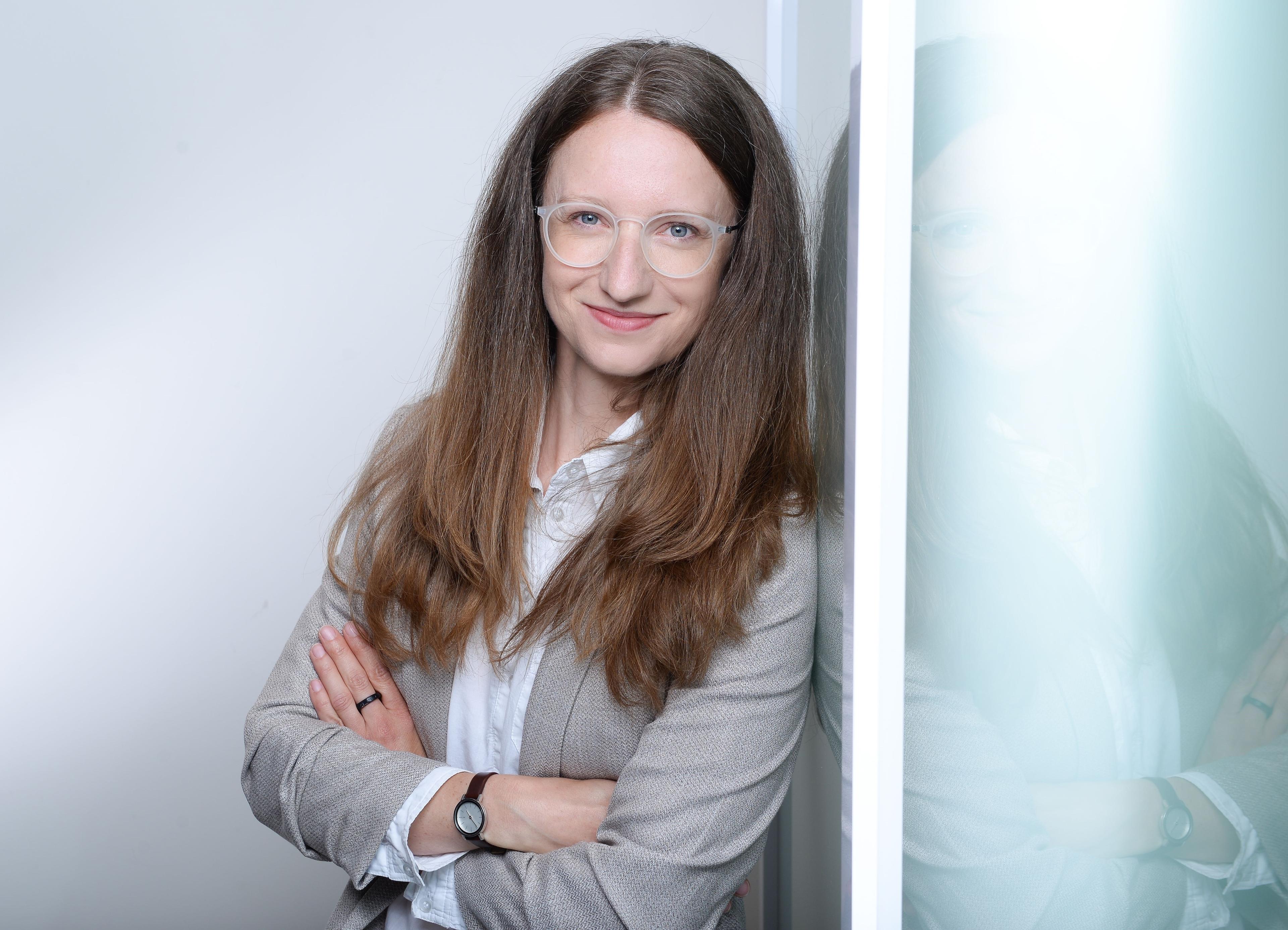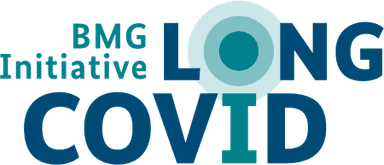Note: The following text is a guest article. They reflect the personal views of the author. The article is not an expression of opinion by the Federal Ministry of Health.
Guest article: Peggy Heinz
In this guest article, Peggy Heinz, deputy CEO of NAKOS, the National Contact and Information Centre for the Encouragement and Support of Self-Help Groups, explains the development and added value of self-help groups in the context of Long COVID and Post COVID in Germany. She also talks about the structures needed to support and empower the self-help groups.
Published on 08.01.2024

© Peggy Heinz
Self-help as an essential pillar of the healthcare system
As the fourth pillar alongside in-patient care, out-patient care and rehabilitative care, self-help groups play a crucial role in the healthcare system. This is particularly the case for people suffering the long-term effects of COVID-19.
Studies are highlighting the positive changes that people can experience as a result of being part of self-help groups. These include developing new coping mechanisms, feeling more motivated and more optimistic about dealing with the illness as well as having better information about the illness. Participants say that they can gauge the quality of health information better and can communicate better with healthcare professionals (SHILD 2018).
The transformative power of collective self-help
It’s quite common for the collective coping process in self-help groups or self-help initiatives to lead to something more. In some cases, people’s involvement leads them to set up associations or self-help organisations that represent the interests of those affected in a targeted way and become politically active. This phenomenon has already been impressively documented throughout the history of self-help, for example in connection with the HIV/AIDS pandemic. There are signs of a similar trend emerging around the COVID-19 pandemic, with those affected attaining a high profile, partly thanks to social media and strong allies in medicine and politics. They are raising their voices and drawing attention to the gaps in care and in research.
The experience of being able to do something to counteract one’s own helplessness is hugely important for those affected and their relatives. It gives them a sense of self-efficacy in a situation where they are otherwise not in control. Being heard, holding sway and having a say in what matters to you despite the extreme toll the illness takes are all things that are easier in a group, together with others who are affected and with allies.
Self-help for Long COVID: a shared journey since the summer of 2020
In particular for people with Long COVID or Post COVID as well as relatives of those who have died from COVID-19, self-help groups provide support and consolation. As early as the summer of 2020, those who had recovered from the virus started to organise with the aim of sharing their experiences and information. The first German-speaking Facebook groups began to emerge. October 2020 saw the first local self-help groups founded in Germany, for example in Mühldorf am Inn, Unna and Regensburg (Hundertmark-Mayser 2021).
NAKOS records and supports self-help groups across Germany
As the specialised body for collective self-help and self-help support, NAKOS has been recording new self-help groups in Germany on a regular basis since the beginning of 2021 and publishes this data. Currently there are more than 230 self-help groups relating to COVID-19 in the coronavirus database, mostly for Long COVID and Post COVID (as of November 2023). All those interested can find the comprehensive database at https://www.nakos.de/adressen/corona-selbsthilfegruppen/.
Support from self-help contact points
The success of and increase in self-help groups is also thanks to the roughly 330 self-help contact points in Germany. They support self-help groups with PR work, finding rooms or advice on funding possibilities and group work. The NAKOS database ROTE ADRESSEN (‘red addresses’) provides an overview of self-help support offerings throughout Germany.
Conclusion: working together towards improvements and securing structures that support self-help
It is important that those affected and their relatives and stakeholder groups present a united front in order to draw attention to their specific needs and bring about change. The experiences of those affected should be seen as a valuable source of insights and suggestions for improvement.
Existing structures that support self-help should be promoted and secured. These include self-help groups, self-help contact points and networks that provide those affected with a platform where they can exchange experiences, support each other and work together to pursue their interests. These structures are a significant factor in the long-term management of Long COVID.
References
Hundertmark-Mayser, Jutta: Was, wann, wer? – Chronologie zu Selbsthilfe und Corona bei der NAKOS. In: NAKOS INFO, Nr. 124, Dezember 2021, S. 38-40
Universitätsklinikum Hamburg-Eppendorf; Medizinische Hochschule Hannover (Hrsg.): SHILD-Studie. Gesundheitsbezogene Selbsthilfe in Deutschland. Entwicklungen, Wirkungen, Perspektiven (Fact Sheets). 1. Auflage. 2018.
Vita
Peggy Heinz is deputy CEO of the National Contact and Information Centre for the Encouragement and Support of Self-Help Groups (NAKOS).
In the years 2022 and 2023, she managed the project “Hilfe nach COVID-19. Zugänge zur gesundheitlichen Selbsthilfe fördern” (Help after COVID-19. Promoting access to health-related self-help) (financed by the AOK-Bundesverband (Federal Association of the Local Health Insurance Funds)) and helped set up the coronavirus database at NAKOS.
NAKOS operates as a nationwide point of contact and pools information on collective self-help and self-help support. It publishes materials and expert information on different topics, independently and free of charge.
